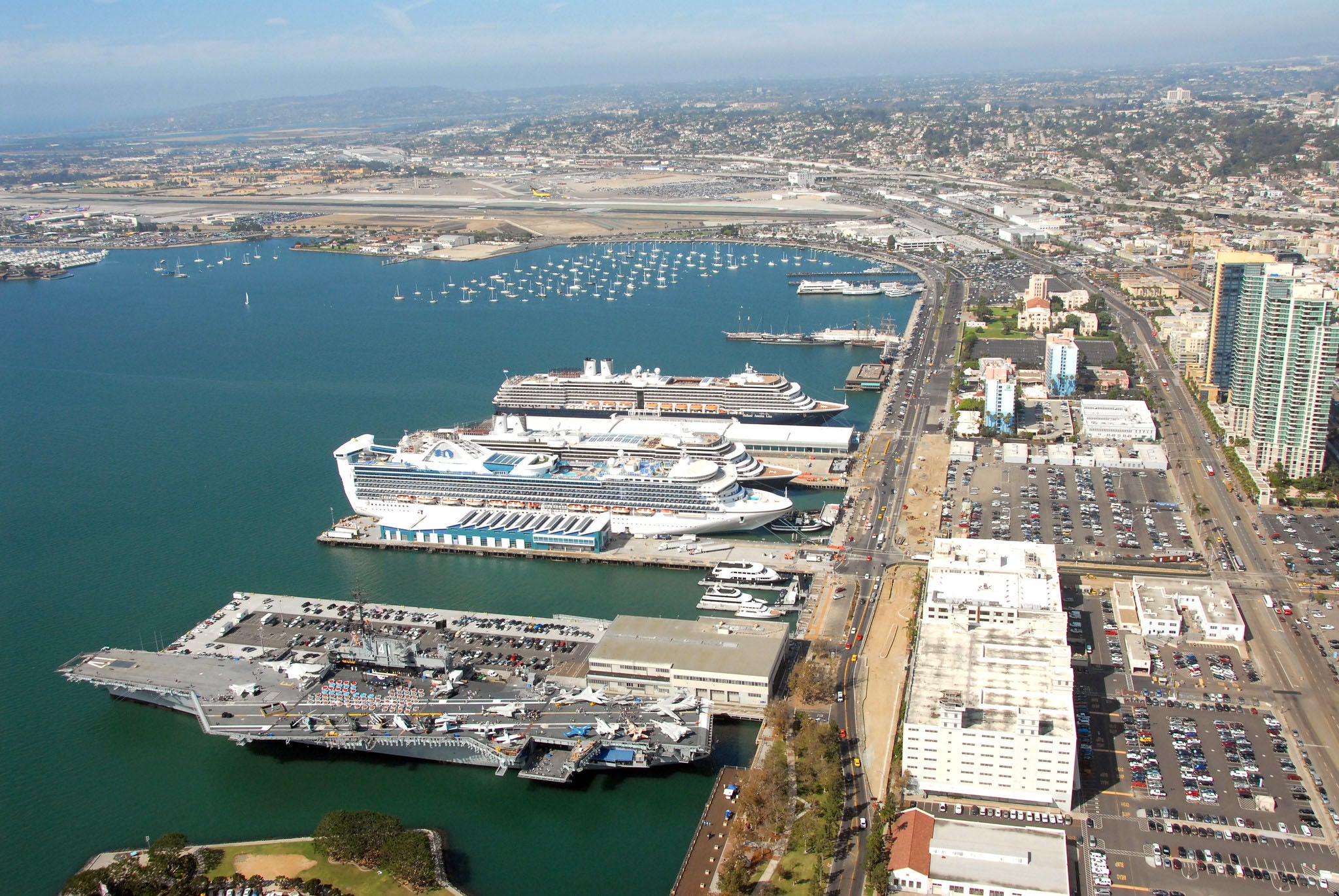Major Investments in Infrastructure to Charge Electric Trucks and Buses Coming to San Diego Region
The California Public Utilities Commission approved a new electric vehicle program for San Diego Gas & Electric Company, solidifying California's leadership in electrifying the freight and transit sectors.
Today, the California Public Utilities Commission approved a new program that will allow San Diego Gas & Electric Company to invest $107.4 million in infrastructure and charging equipment for medium- and heavy-duty electric vehicles. To prioritize investments in the communities that need them most, the utility must reserve 30% of its infrastructure budget for disadvantaged communities. SDG&E’s support will help fleet owners overcome the up-front costs of charging infrastructure, and help customers navigate the construction that can be required to install chargers. Overall, the program aims to build out the infrastructure to support over 6,000 medium- and heavy-duty electric vehicles.
These investments can’t come fast enough to the residents of the San Diego area, especially those living in the shadow of the freight industry. In testimony on behalf of East Yard Communities for Environmental Justice and Center for Community Action and Environmental Justice, Professor Ed Avol explained that heavy-duty diesel trucks that move cargo through and around the region are major sources of air pollution in San Diego County. Adjacent to the Port of San Diego, the communities of Barrio Logan and Logan Heights, largely communities of color, are vulnerable to emissions from operations at the port, heavy-duty vehicles accessing the port, and other sources.
Joy Williams of the Environmental Health Coalition, an environmental justice group that has confronted the unjust consequences of toxic pollution, discriminatory land use, and unsustainable energy policies in the San Diego and Tijuana region for over 38 years, explained the importance of electrifying trucks and buses in comments to the Public Utilities Commission. “We believe that electrification of San Diego’s medium and heavy duty trucks and buses is crucial for reducing exposure to diesel exhaust of San Diego’s most vulnerable communities,” Ms. Williams stated. “Communities near the Port of San Diego and the border ports of entry are particularly key in this effort.”
The utility program will provide extra support to customers in disadvantaged communities, transit agencies, and schools by offering them special rebates for charging equipment. The Commission calls transit and school buses “beach head sectors” in a nod to the military strategy of conquering key areas in pursuit of complete victory. These vehicles are ripe for electrification with a number of electric buses already available in the market. The Commission is right to consider buses “beach heads” for transforming the market for other heavy-duty electric vehicles; widespread deployment of electric buses will scale up manufacturing and supply chains that will support electrification of other types of heavy- and medium duty vehicles, including last-mile delivery and port drayage trucks.
Today’s Commission decision approves, with some modifications, a settlement that received support from a diverse group of stakeholders. Earthjustice’s clients, East Yard Communities for Environmental Justice and Center for Community Action and Environmental Justice, joined with ratepayer advocates, environmental nonprofits, charging equipment manufacturers, labor, the utility, and others to support this new program.
The Public Utilities Commission approved similar infrastructure programs for California’s two largest investor-owned utilities — Southern California Edison and Pacific Gas and Electric — in May 2018. Edison and PG&E are already accepting applications from fleet owners who are interested in utility support for electric truck and bus charging. Now that San Diego can roll out a medium- and heavy-duty electric bus program, the Commission has ensured that each of the state’s major regulated utilities is ready to make serious investment in electrifying the buses and trucks that are currently spewing pollution in California communities.
Earthjustice’s Clean Energy Program uses the power of the law and the strength of partnership to accelerate the transition to 100% clean energy.
Earthjustice Media Relations Team
media@earthjustice.org
